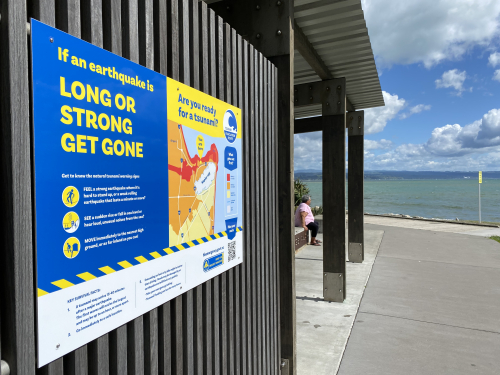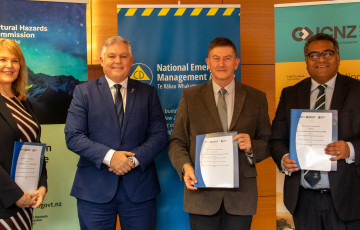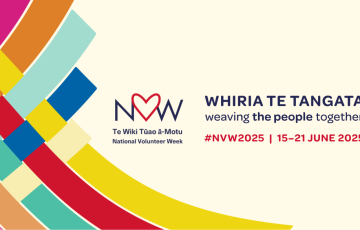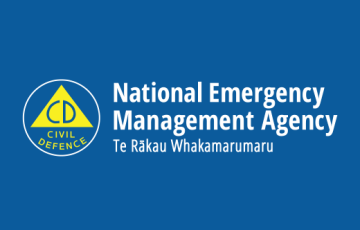Resilience Fund supporting tsunami evacuation research in Hawke’s Bay

The grant will support Hawke’s Bay Civil Defence Emergency Management Group’s research project, investigating the facilitators and barriers to effective tsunami evacuation.
Over the last few weeks, NEMA has been profiling recipients of this year’s Resilience Fund grants. Hawke’s Bay Civil Defence Emergency Management Group was among the eight successful recipients of this year’s grant.
The grant will support their research project, which sets out to investigate the facilitators and barriers to effective tsunami evacuation. This will allow the group to create best practice guides for communicating tsunami risk within their community.
The coast of Hawkes Bay, including most of Napier City is at risk of tsunami from many sources. Most significant is the local-source tsunami risk from the Hikurangi Subduction Zone, which could arrive at the coast within 20 minutes of a long or strong earthquake.
Team leader Risk Reduction Adam Childs says “a local-source tsunami would leave little to no time for official warnings. It is important people understand the need to self-evacuate.”
Timely and effective self-evacuation is the best way to save lives following a long or strong earthquake.
Adam says the resilience fund grant will enable Hawke’s Bay Civil Defence Emergency Management Group to carry out locally led research within their own communities.
“Social research, especially how people will behave in emergencies is currently a hot topic. One area that is under-researched is risk communication.
“This research will answer critical questions about the way we communicate and how we can best meet the information needs of our diverse communities.”
The research seeks to investigate:
- awareness and perception of tsunami risks and risk information,
- trust in the source and confidence in the accuracy and relevance of information, and
- intent to act upon the information and advice.
The project will conclude with recommendations for best practices in tsunami risk communications in Hawke’s Bay and which will be shared with other Civil Defence Emergency Management Groups across New Zealand.
The team are currently in early stages of the project: writing up research questions and expect this research to be completed in early 2024.
Read more about the Resilience Fund
Read about the other projects supported by the Resilience Fund:
Published: Aug 24, 2023, 11:38 AM



